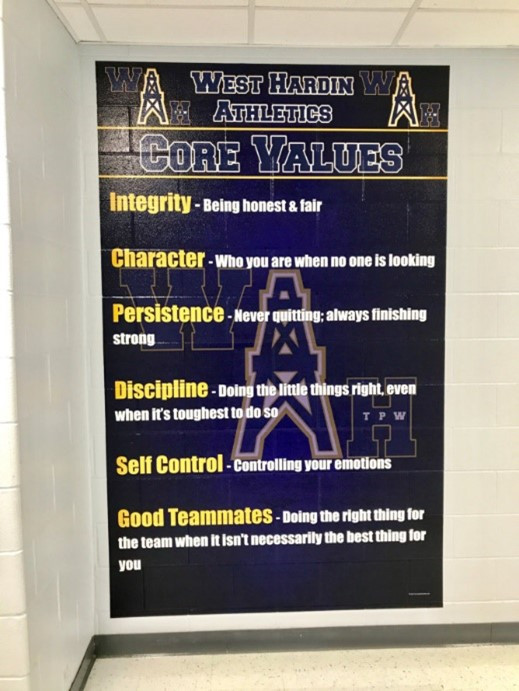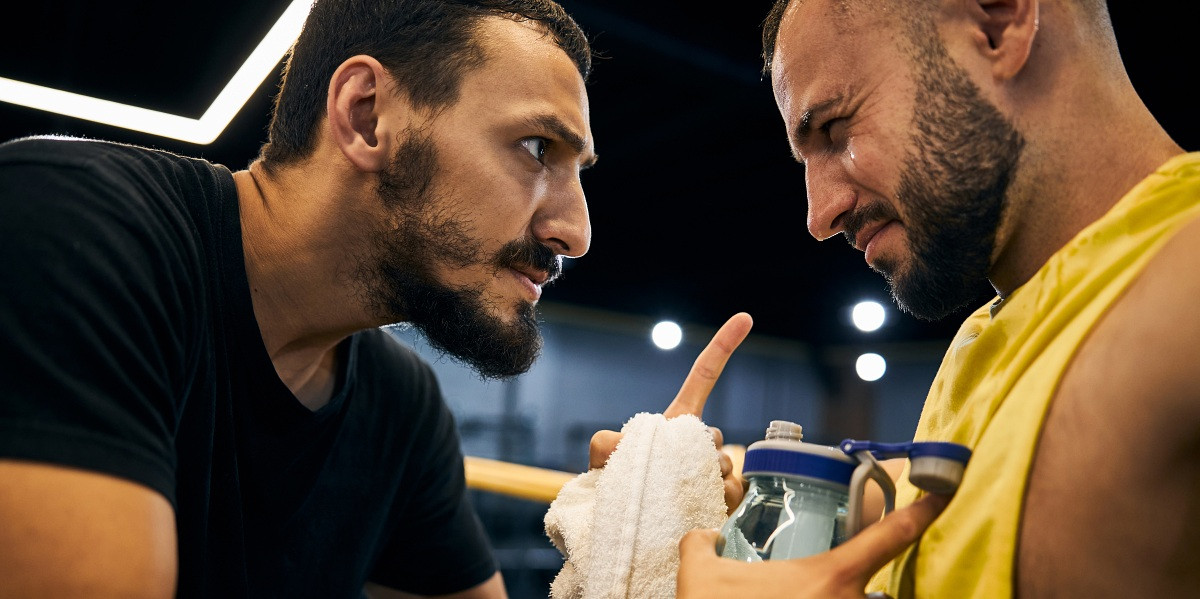Mental Health
Welcome and thanks for visiting...

COACH VALUES

In a previous blog this space introduced the idea of a new approach to coaching. Let’s start with taking you through an exercise to identify your coaching values and develop a coaching philosophy.
Coaching is (or should be) about more than just putting out cones for drills or drawing up plays. As a coach you will have an impact on the athletes with whom you interact. Your impact might not be in the way you think it will be either. You may never know the impact you have on a player. Something you say that you do not even remember might stick with an athlete for the rest of his/her life. This video (about eight minutes in duration) is a great example of how an encounter can be meaningful for one person and completely forgotten by another.
Take a few minutes to think about a favorite or influential coach.
Jot down the traits or things the coach did to make that coach special to you.
Now think about how you want to be remembered by the players you coach. What do you think they will remember? If one of them is a coach one day, would that coach list you as a favorite or influential?
Why do you coach?
Has anyone ever asked you why you coach? Have you given it much thought? Oh, I am sure you have asked yourself that during frustrating times like when a team is playing without effort or athletes are not giving it 100%. “Why do I bother”?
On a serious note: take a few minutes to think about what your purpose is as a coach. Wade Gilbert in his book Coaching Better Every Season shares Simon Sinek’s Golden Circle. The core (in blue) represents why you do what you do (purpose); the next outer circle (white) represents how you do what you do (daily actions guided by core values); the outermost circle (green) represents what you do (successful athletes and programs).
Coaching purpose and core values should drive your daily coaching decisions. Taking some time to give these serious thought and communicate your purpose and core values can be worth the effort.
Let’s start with an activity from Gilbert’s book: Identify three things you like most about yourself as a coach.
1.
2.
3.
Now take some time to think about your values. Start with “As a coach I exist to ________”.
List each value. It might be of value to write the value as a verb.
In the left-hand column of the table below list values and in the row in the right-hand column describe how you put that value into action. (You can list as many values as you need).
| Coach Value | Coach Value Action Statement |
| Example: Being athlete-centered | Take time to learn each athlete's individual interests, personality, etc. |
Some coaches take these core values and create a mission statement that incorporates them.
Having established core values and how you act on them is one step as is writing a coaching philosophy.
It is also critical that your athletes be able to identify your values. Ask your athletes to identify your core values; the main elements of your values should be evident to your athletes. If they can name your values, then you can be assured they are coming through.

Another common strategy is to post your values where players can see them regularly and can serve as reminders to yourself and the athletes you coach.
Your coaching values can serve as guidance in decision making. If you value developing all players, then giving attention to all players improving is important.
Revisit your coaching values from time to time to make sure they are still applicable. Your values may change as you grow as a coach. Even when they do, live up to them!





